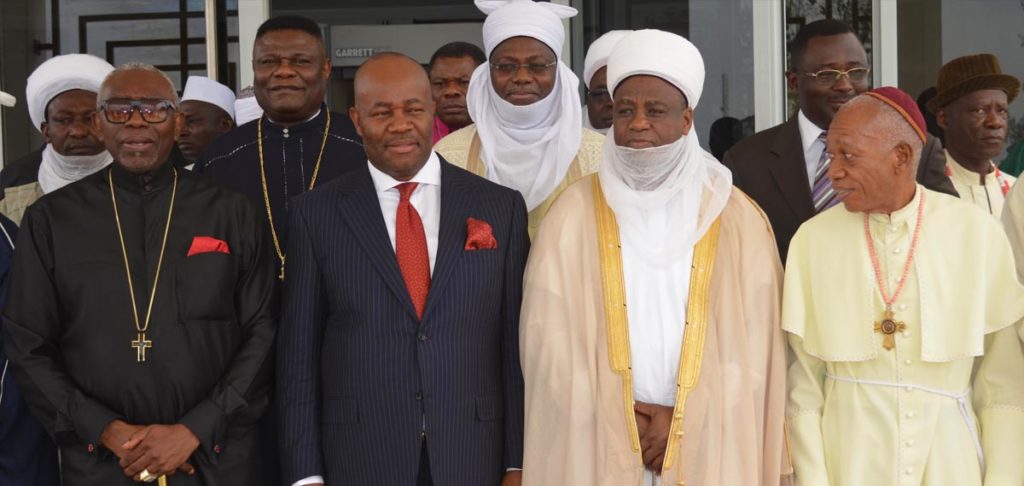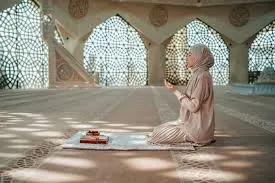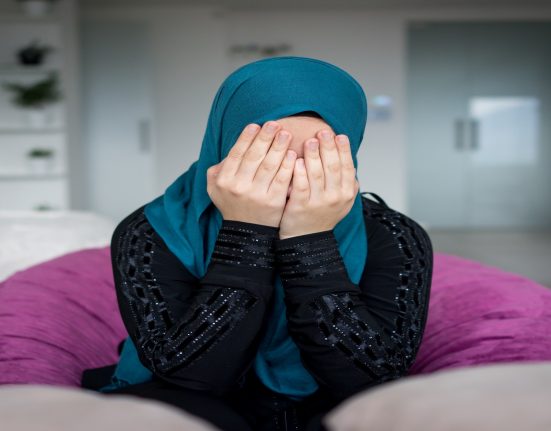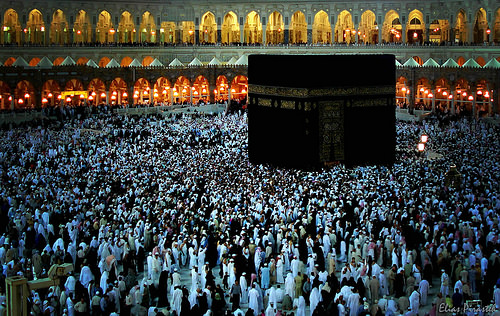Nigeria, a nation enriched by its religious diversity, has for decades witnessed a generally peaceful coexistence among its major faith groups—Christianity, Islam, and traditional African religions. This relative harmony is underpinned by the secular character of the Nigerian state, as enshrined in the constitution, which guarantees freedom of religion and strictly prohibits the endorsement of any one religion as state policy.
However, this balance has been severely tested over the years, particularly since the emergence of Boko Haram in 2009. The insurgent group, which launched its violent operations from Borno State in the northeast, has inflicted significant damage on the country’s social fabric, targeting both Muslims and Christians in a campaign marked by terror and bloodshed. While the federal government has mounted strong military operations to repel the group’s advances, the impact of their activities has triggered concern globally.
In response to these challenges, the United States Congress subcommittee on Africa recently moved to designate Nigeria as a Country of Particular Concern under the International Religious Freedom Act. Though this move stems from ongoing violence perpetrated by non-state actors, it is crucial to note that such acts of religious extremism are not reflective of the policies or intentions of the Nigerian government.
The government, in collaboration with religious institutions and civil society organisations, continues to promote the constitutional right to freedom of religion and association. Several initiatives led by faith-based organisations have actively contributed to promoting interfaith understanding and peacebuilding across communities. Bodies such as the Nigerian Inter-Religious Council (NIREC), the Dialogue Commission of the Catholic Church, and the Programme for Christian-Muslim Relations in Africa (PROCMURA) have consistently championed interfaith collaboration.
These organisations have engaged in impactful work, organising conferences, peace dialogues, and training sessions that aim to foster tolerance and unity. PROCMURA, for example, runs a Summer School initiative that educates church leaders on the value of Christian-Muslim cooperation, addressing societal issues like HIV and AIDS, and nurturing a culture of empathy and peace.
In addition to peacebuilding efforts, religious groups across the spectrum have joined forces in executing humanitarian and development projects. These include the provision of relief to Internally Displaced Persons (IDPs), the construction of schools, hospitals, and other community infrastructure. Such collaborative efforts underscore the shared commitment of Nigeria’s faith communities to national development and social cohesion.
The Nigerian government has also played a supportive role by ensuring that worship centres and religious gatherings are protected through the deployment of security agencies, thereby reinforcing citizens’ confidence in their freedom to worship without fear.
Furthermore, the international community, including development partners such as the United Kingdom, has worked closely with Nigerian authorities to promote religious freedom and provide assistance to communities affected by religious conflict or persecution.
Nonetheless, the journey to sustained religious harmony in Nigeria is far from over. Deep-seated issues such as poverty, youth unemployment, and lack of access to quality education continue to fuel tension and extremism. A long-term solution will require an inclusive and multifaceted approach that addresses these root causes.
Security institutions must be further empowered to enforce the law impartially and clamp down on violence with firmness and fairness. At the same time, influential bodies such as the Christian Association of Nigeria (CAN) and Muslim Rights Concern (MURIC) must continue their advocacy for human rights and religious liberty across all regions.
Creating a culture of mutual respect and understanding among followers of different faiths is vital, not only for national unity but also for economic prosperity. A peaceful and tolerant Nigeria will naturally become a more attractive destination for investors and a better place for all citizens to thrive.
The task of promoting religious tolerance is a shared responsibility. Through collective action by government, religious leaders, civil society, and the citizenry, Nigeria can chart a path toward a more harmonious, inclusive, and prosperous future, where everyone is free to practise their faith without fear or favour.






